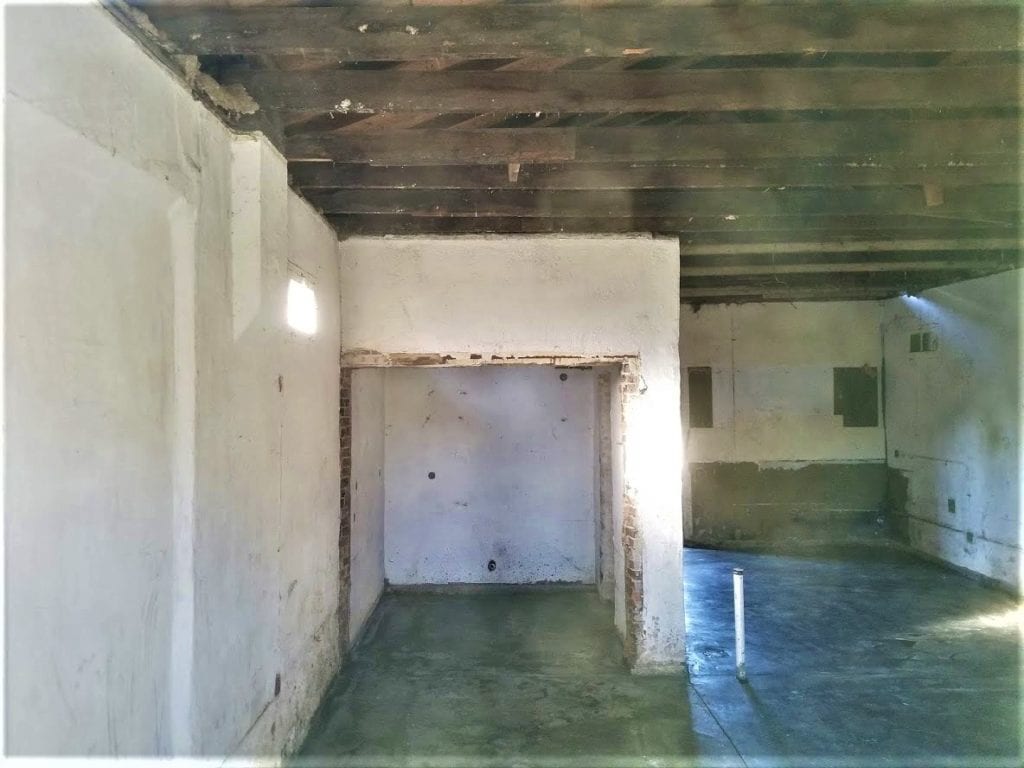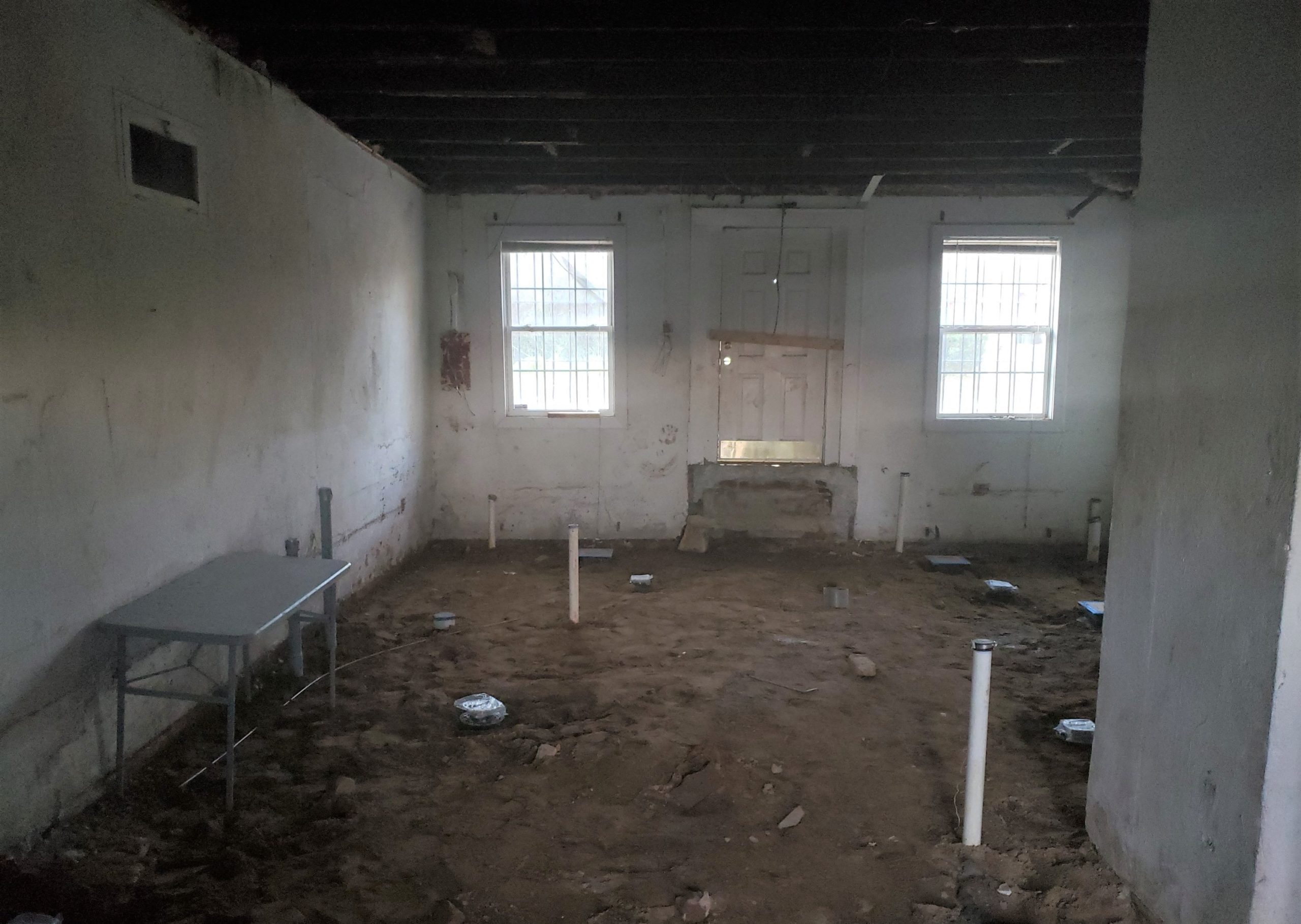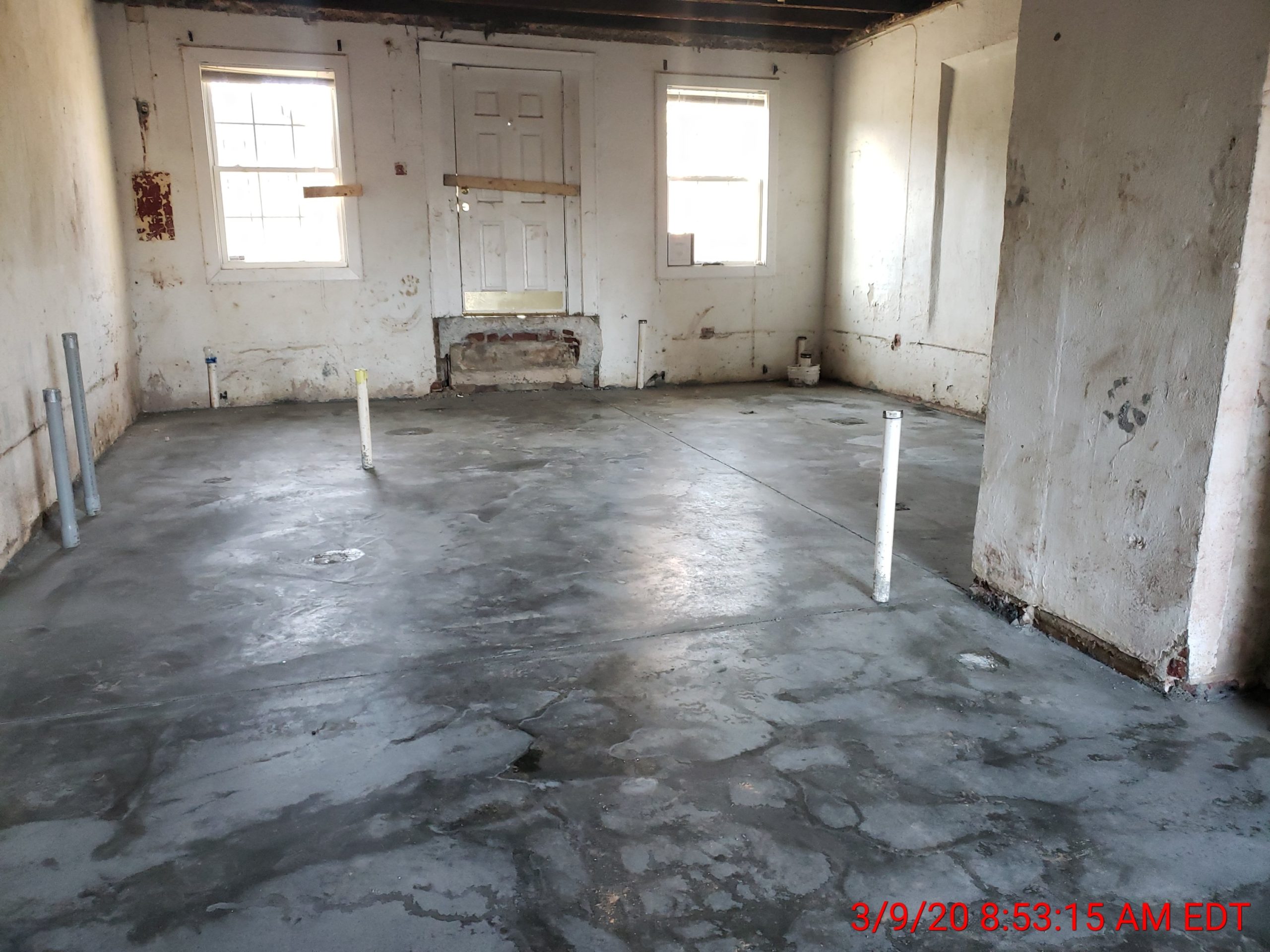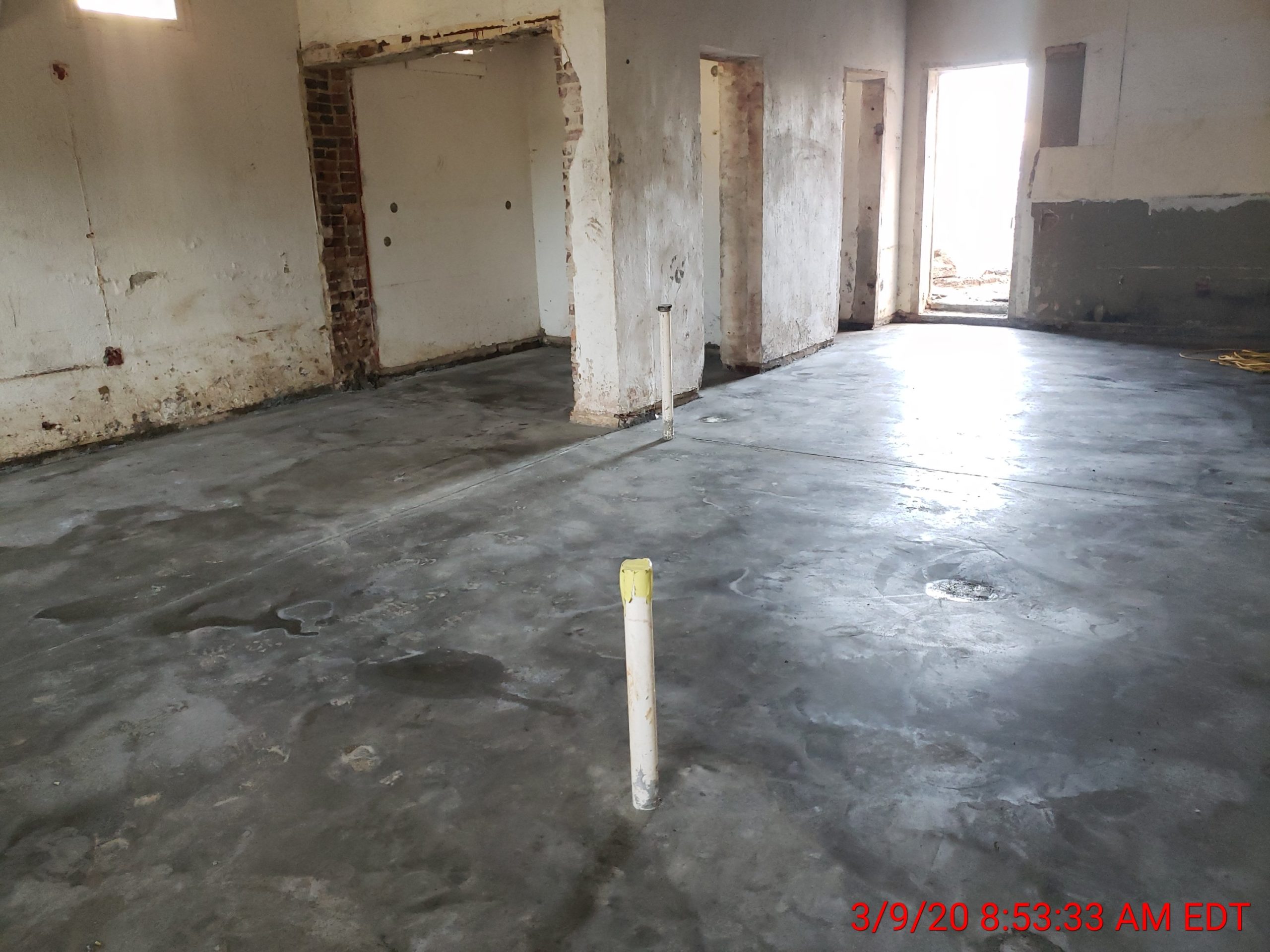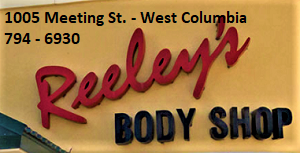
Old West Columbia jail targeted by whiskey thieves in 1923
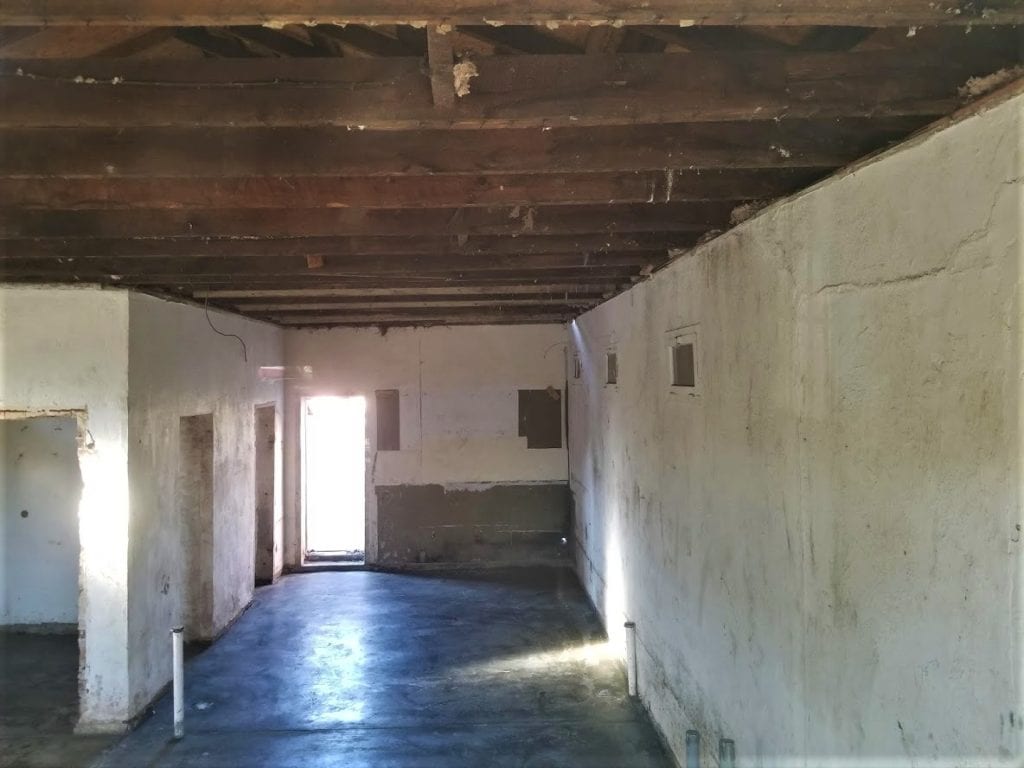
Construction crews have begun renovating the old jail on Center Street in West Columbia. It will be the kitchen for Savage Craft Ale Works.
Peering into the tiny 1908 structure, it’s obvious it was built for a town of a smaller population than the West Columbia of today. But its history includes some colorful happenings.
During Prohibition, 1920 -to-1933, the possession of alcoholic beverages was illegal. The sale of liquor was known as “bootlegging.”

In the period of Prohibition, New Brookland, or West Columbia as it is now known, was the gateway to the Columbia market of liquor drinkers.
J.R Fennell, director of the Lexington County Museum, said bootleggers were common traffic over the old Congaree River bridge, and later the Gervais Street Bridge. So the “officers of the Lexington County police force” who caught the bootleggers would confiscate the illegal drink, and store it in the old jail on Center Street.
“There were at least three attempts to go in and steal the stored whiskey,” said Fennell. He referred to an account of the incident chronicled in the Aug. 4, 1923 edition of The State newspaper.
In that episode, a plotter, with a concealed hacksaw, had himself locked up. He sawed through a wall in the jail, but it was not the wall where the whiskey was kept. The man was caught and the liquor was left secured.
But on a third attempt to steal the whiskey, also chronicled in The State, the plot included a suspected faked car accident “some distance on the road to Lexington.” Two officers were on duty and both responded on a Wednesday night.
When Police Chief L.C. Merchant, on Thursday morning, “made an arrest” and went “to the jail to lock up his prisoner discovered the fact that the jail had been robbed.”
Using a crow bar and saws to pry and cut the locks, the thieves made off with 500 quarts of whiskey. The value in 1923 was $4,000. In today’s money, Fennell said it would be worth about $35,000. It was the accumulation of 6-to-8 months of confiscated liquor.

It was “a fortune in liquor without any work,” said Lemuel Hall, who was mayor of New Brookland in 1923.
Investigators discovered tracks in the sand in front of the jail of a vehicle that was carrying a heavy load. The tracks were in the direction of Columbia.
A frustrated Hall said he wished he had filled the town’s water wagon with the booze and sprinkled it over several blocks, as he had done in the past.
There was a $100 reward offered to anyone with information leading to the arrest of the men who robbed the jail.
